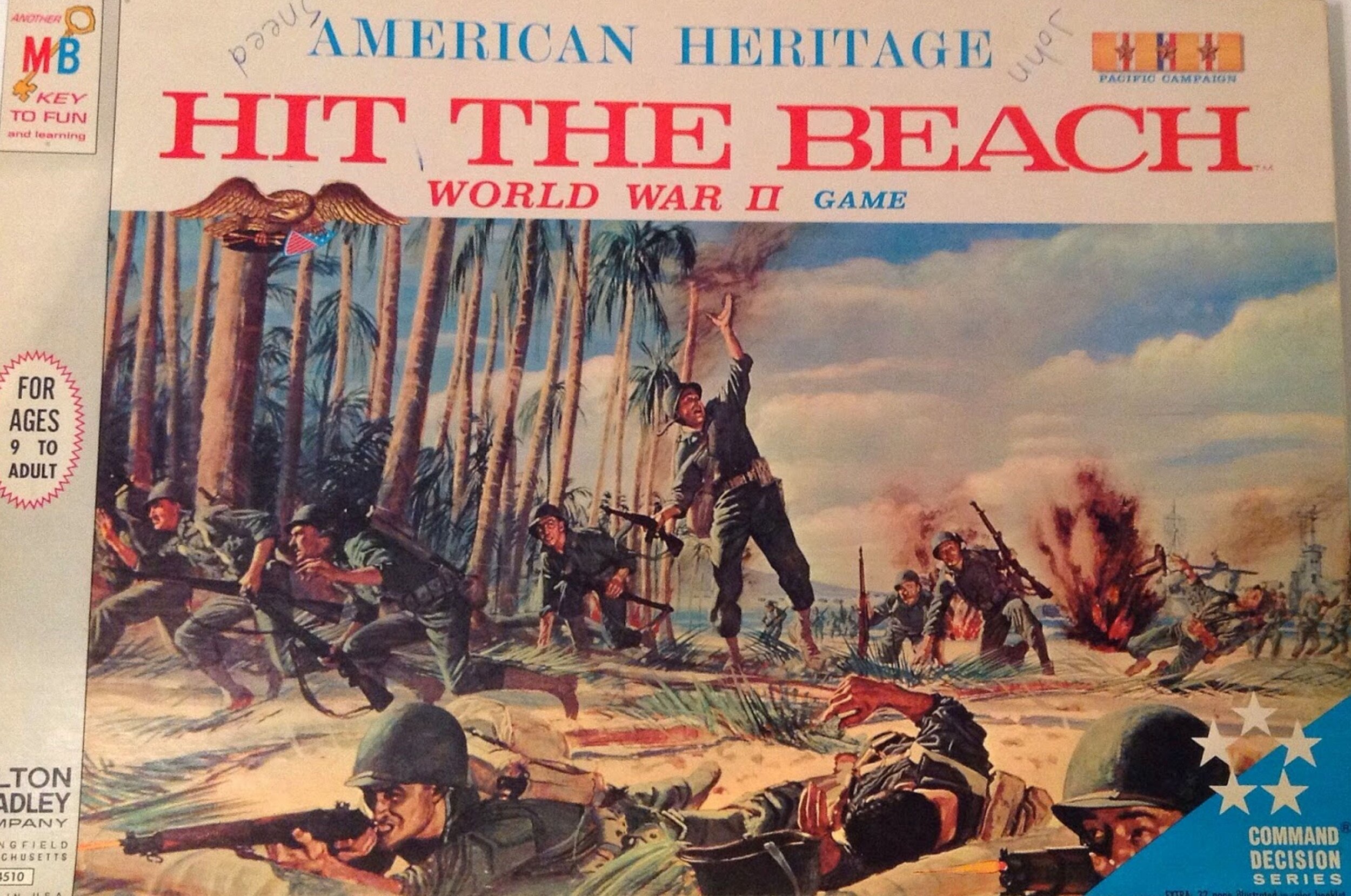If you were a kid in the 1950’s and 60’s and you wanted to go the movies in Manchester CT, you headed for 745 Main Street. That was the location of the State Theater with its seating, counting the balcony, for over 1300 people. Since opening in 1925, the State had been an attraction in Manchester with its huge proscenium stage for vaudeville acts as well as silent movies and later the talkies.
For me and hundreds of other kids, the State Theater was the place to spend Saturday afternoons watching the matinees. I especially remember the many Walt Disney movies that were made in the 1950’s and early 1960’s, movies such as The Parent Trap, 101 Dalmatians, Pollyanna, Lady and the Tramp, Sleeping Beauty and Swiss Family Robinson. I recall the smell of the hot buttered popcorn and the taste of Necco Wafers, Junior Mints and Good and Plenty that were sold at the brightly-lit concession stand in the foyer. Some kids probably spent almost as much time walking back and forth between the seats and the snacks as actually paying attention to the movie.
A few weeks after I graduated from Manchester High School in 1967, I got my first job, not counting my paper route for the Manchester Evening Herald, as an usher at the State. Among the movies playing that summer and fall were Hawaii, A Man for All Seasons, Bonnie and Clyde, In the Heat of the Night and Wait Until Dark. That’s a pretty impressive cinematic list, but with the exception of Hawaii, I always got kind of bored after several showings.
The first night Hawaii with Julie Andrews, Max Von Sydow and Richard Harris was shown, I had spent that afternoon at Old Sturbridge Village with my family. I was surprised when the movie opened with scenes from the Freeman farm, village green and Salem Towne house, the very places where I had been just a few hours before. I watched with rapt attention as dour Abner Hale (Von Sydow) went to the home of beautiful Jerusha Bromley (Andrews) to propose marriage before embarking to the island kingdom of Hawaii to convert the native population to Christianity. To this day, Hawaii is my all-time favorite movie. I wasn’t paying as close attention to the movie on the first night Wait Until Dark was shown. When Harry Roat, played by Alan Arkin, leaped up and grabbed Susy Hendrix’s (played by Audrey Hepburn)ankle, the packed house screamed in unison and my shock at this sudden outburst felt just like an electric jolt going through me. After that, I made sure to brace myself just before the scream of terror that always erupted at that moment in the movie.
One of the last movies I saw at the State was Close Encounters of the Third Kind. Only a huge screen like the one housed in the State Theater could do full justice to the scene where the giant mother ship slowly ascends from behind Devil’s Tower at the movie’s climax.
With today’s Hi-Def big screen televisions and surround sound speakers, I suppose it could be argued that it makes more sense in some ways to watch movies at home nowadays. But it seems to me that nothing can top the excitement Manchester kids in the fifties and sixties experienced when they spent a Saturday afternoon in the grand old State Theater.



















